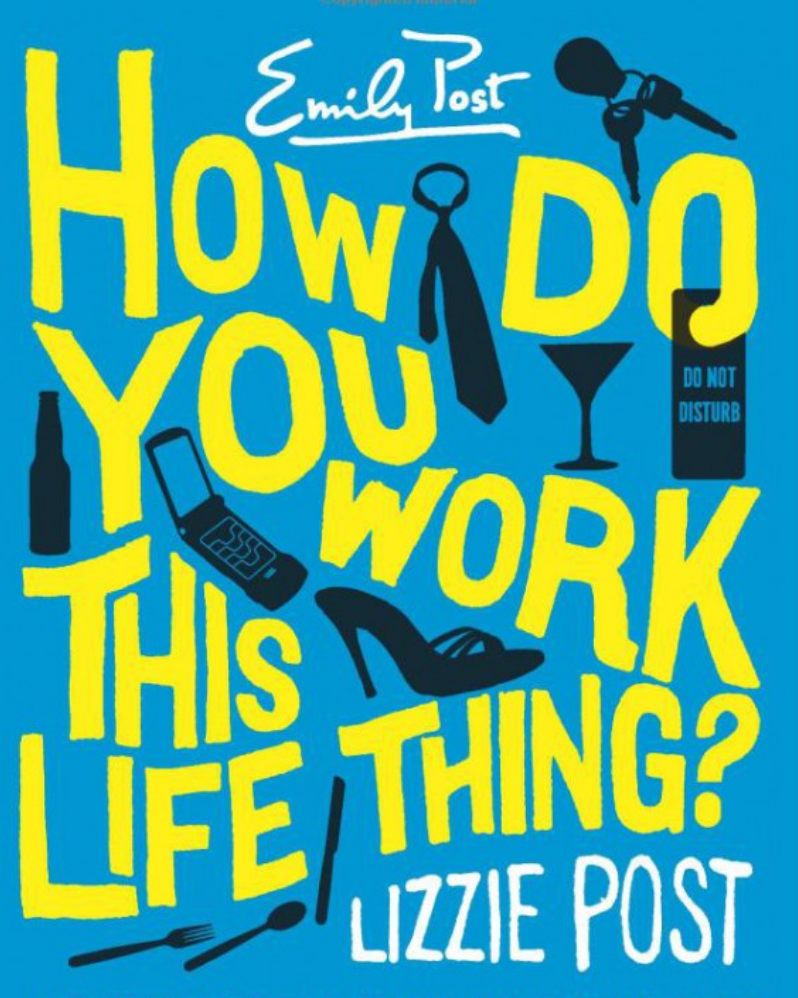
Post Pandemic Etiquette

As the world opens back up how do we handle socializing when we've been out of practice? The answer is the same for how we handled a global pandemic together: with compassion, patience and awareness. See our following rules, suggestions and guidelines for getting together post pandemic.
Easy Does It
As you ease your personal social distancing boundaries you may want to hug and get-together your way back to normal, (it's been a long hard couple of years) but taking the time to think through what your comfortable doing and what you're not, as well as who in your life might feel differently from you, is a good way to set yourself up for social success.
Rather than excitedly rush through making plans to see someone and bear-hugging them immediately, when you call or text to make plans, ask where your friend is at, "So glad Friday works! What's your comfort levels, are we inside okay? Hugs okay?" Your friend might respond, "yeah of course!" or you may have just given them a great lead in to easily state that while they're stoked to have you over inside unmasked, they aren't ready for hugs yet.
Sometimes it takes little more than a single visit for two friends or family members to shed their pandemic personal bubbles, and other times it can take longer. Be respectful and supportive of friends and family who aren't ready to do everything that you are ready to do. Teasing, scoffing and negative remarks would definitely be considered rude.
Visits may invigorate you, or leave you feeling spent. It's not a bad idea to start with a short visit or two before attempting a full on dinner party or barbecue. Many folks are saying their social stamina isn't quite what it used to be. Even for a visit for drinks or dinner with just another friend or couple, might be shorter by an hour or two than what you were used to pre-pandemic.
It's okay when you're scheduling to let folks know that you're able to come for a couple hours, but might not have the stamina for more. "Franco that sounds fantastic, I'm noticing I tire quickly, would it be okay to come for a couple hours and see if I can last for longer?"
Or if you find you are suddenly spent when you weren't expecting it, you might quietly let your host know. "Barb, I'm suddenly feeling quite exhausted, please excuse me, but I'm going to have to head home now, while I'm still okay to drive."
As a host, always be gracious toward a friend or family member who has to bow out. "Of course I understand, thank you so much for coming while you could. It was so great to see you!" (Also a check in that someone isn't too tired to drive is of course a safety standard).
Classic Etiquette & Manners Will Help

You may not have shaken a hand, or eaten dinner with anyone outside your house in the past year plus but you likely haven't forgotten either. Flexing your etiquette and manners muscles can help you remember how to engage well with others as you reenter your social life.
Handshakes
While there are folks who will abandon the handshake and the hug either for good or until they feel comfortable or safe again. Many are looking forward to engaging with this simple but familiar manners that were such staples of American social and business lives. The twist for many classic points of etiquette like handshakes and invitations are that we casually ask first about any boundaries others might have. "Jim! Great to see you again, handshake okay buddy?" Jim will likely say of course while reaching to shake your hand. But if he's not ready he may say, "I'm not shaking hands still, but I'm so glad to see you!"
Invitations
With the return of socializing outside our own homes, we ironically may be very excited to finally invite people over to our homes. For a casual invite, such as having friends over for dinner (instead of a full on dinner party), just the small detail of asking where your guest is at can help, and prevent guests from having to ask. "Sam! Our household is finally all fully vaccinated, we wanted to see if you and Seth want to come for dinner next Thursday?" Or, "Sam! We'd love to have you and Seth over for dinner Friday. I'll tell you our status and let us know if it works for you: Carlos and I are fully vaccinated but the kids are still not, so they have opted to wear masks if we all choose to invite someone over."
Excusing Yourself
Long before this pandemic took hold, we all experienced moments when we had to bow out of an event or gathering because we suddenly didn't feel well, or realized we were just too tired to stay longer. Without having flexed our social muscles in a while, many of us are likely to tire easily during a visit and it's okay to let your host know that you've hit your limit and need to head out. "Sara, I apologize, I wasn't expecting to be so tired so quickly. I'm going to have to head home." or "Sara, I'm feeling a bit overwhelmed, do you mind if I take off and we can try hanging another time?"
Magic Words
The magic words (please, thank you, you're welcome, excuse me, I'm sorry) were extremely helpful in navigating some of the tougher social distancing boundaries and awkard moments during the past year, and they can still help us now. While we might still be in practice when we are out and about running errands, we haven't spent much time indoors with people outside of our personal bubbles and we all know how easy it is to let manners like the magic words slip when we are at home. It's time to bring them back to our minds and remember when you're at a friends' house or you have guests over, "Please pass the peas." and "Oooo I'd love a cocktail, thank you!'' or "Excuse me, I'll be right back." (instead of just leaving a room to go tend to something elsewhere).
Dress for Success

Many of us have lived in something stretchy or loose for the past while, and that is totally fine, but as we start to engage outside our homes, we want to remember that there are ways to dress well for various occasions. A glass of wine with a pal after work in her apartment might call for the coziest, most casual thing you own. When meeting each other out at even a slightly upscale restaurant or bar (and certainly if you're being invited to a dinner party), then it's time to break out something a little more substantial. This doesn't mean it can't be loose or comfortable but remembering that you're presenting yourself in public is a great thing to do before heading out the door. (Don't forget to dust off anything that hasn't seen sunlight in a year). Be sure to check out our attire guides to ensure you’re dressed appropriately for the occasion.
While no one must wear makeup to be appropriate (thank goodness!), practicing proper hygiene is essential, especially nowadays.
Conversation

Being isolated for such a long time has many of us wondering if we are even capable of holding substantial conversations in person with people who don't live with us. You can, it just takes a lot of listening skills. Many of us (especially those of us who have spent much of this pandemic alone, as in no roommates, live-in partners or kids) are no longer practiced at the amount of balance an in-person conversation really takes (and the toll it takes on us.) Here are a few simple conversation tips to help get you back in the game.
1. A good conversationalist is a good listener. We have all been away from one another for a long time, and you may find yourself excited to express every thought you can. While being enthusiastic is a good thing, be sure to balance the conversation by being a good listener. Before you head to an event or visit a friend, remind yourself to be an active listener. Share one or two things and then ask the other person (or people) about themselves or their perspectives.
When they talk, remember to comment on what they are saying either by showing that you are following along, or by asking follow up questions or using what they've just said to contribute something interesting. Be mindful of hijacking conversations, when you relate anything and everything someone says to your own experience or perspective.
2. Remember the three tiers of conversation. Tier I, small talk, is anything in pop-culture, positive or lighter current events topics (usually best to stay away from politics or national crisis), the world of entertainment: books, tv, movies, podcasts (like Awesome Etiquette) that you might listen to. Hobbies or interests that you may have or find interesting. And of course the weather is always an option, and no it does not signal that you are bored or an uninteresting person. It's simply a topic to reach for.
3. Read your audience. It's really important when we are talking with others to gauge their interest as we go. While the first two tips should help you avoid an awkward conversation, you still want to mentally check in throughout a conversation: Are there awkward long silences? Have you asked for input from others? Are you getting (or giving) only one word answers? These are important questions to ask yourself throughout the conversation.











